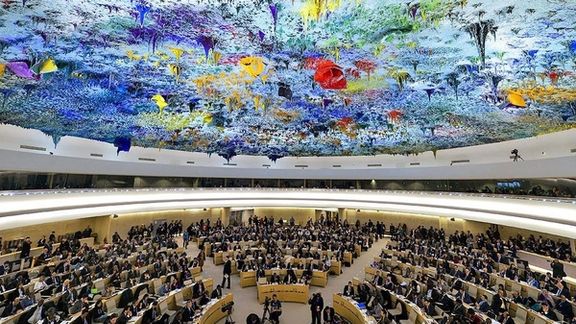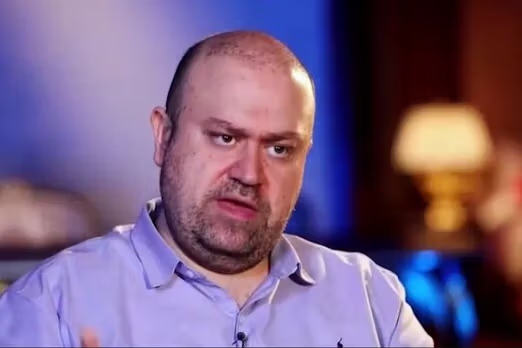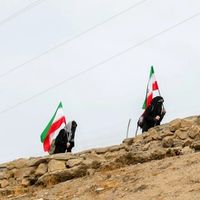Hossain Khanlari, CEO of Iran Air (Homa), told ILNA news agency that the suspension of European flights has not only harmed the airline's revenue but also severely affected the supply of essential medicines to Iran amid an already dire health crisis.
EU sanctions have stopped all direct Iran Air flights to Europe. The flight bans impact passenger travel and trade, as Iran Air was the sole Iranian carrier serving Europe.
"Iran Air was a major carrier of pharmaceuticals from Europe, with two-thirds of the 12-ton cargo on each flight being medicine, primarily from Germany," Khanlari said.
The flight ban has disrupted this critical supply chain, creating hardships for patients in Iran. "We are pursuing legal avenues through international bodies to resume these flights, especially to address the current drug shortage," Khanlari stated.
Iran's healthcare system is under severe strain, grappling with critical medicine shortages and rapidly escalating costs with a huge flood of professionals fleeing the country for better opportunities abroad.
Government debt to pharmacies has crippled supply chains, while the plunging value of the Iranian rial has inflated the price of both imported and domestically produced drugs. A black market for essential medications has emerged, and some pharmaceutical companies have ceased production due to financial unviability.
The government's attempts to control drug prices and subsidize costs are failing to counteract the economic pressures, and rising healthcare expenses are driving more families into poverty.
In addition to the drug supply issue, Khanlari highlighted the ban's impact on Iranian citizens living in Europe, students, and academics who relied on Iran Air for travel.
"Many Iranians visited their families in Europe using our flights, and Iranians residing in Europe traveled back home with Iran Air. These individuals are now facing increased travel costs," he said.
To mitigate the financial losses from the European flight cancellations, Iran Air has increased its regional flights and added routes to East and South Asia. "While these new routes are profitable, they cannot fully compensate for the revenue lost from European flights," Khanlari explained.
Despite the new routes, Iran Air remains committed to resuming its European services. "We are eager to restart our European flights to serve our citizens," Khanlari said. "However, in the absence of European routes, we must focus on expanding our operations in Asia."
The European sanctions against Iran’s civil aviation industry announced in September are particularly significant, as Iran Air used to operate an average of 24 weekly flights each way to at least nine European cities, including Paris, London, Frankfurt, and Rome, according to information obtained by Aviacionline via Cirium.
In August, the United States sanctioned Iran Air after accusing Tehran of supplying Russia with short-range ballistic missiles. The US Treasury accused Iran Air of having transported goods "on behalf of Iran’s Islamic Revolutionary Guard Corps (IRGC) and Ministry of Defense and Armed Forces Logistics (MODAFL)."
Iran has been deeply involved in Russia’s war effort in Ukraine since mid-2022, providing drones, spare parts and training.













